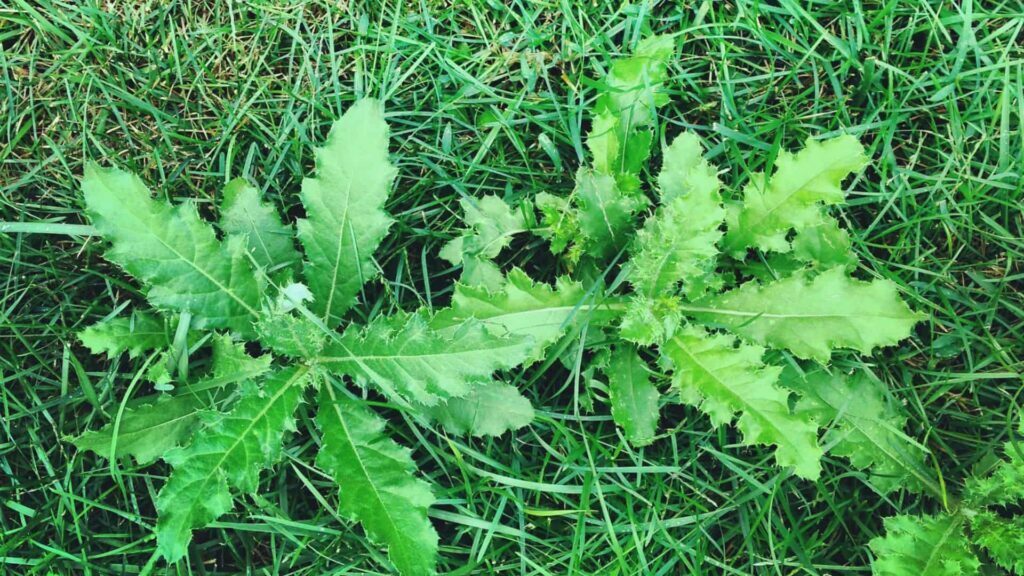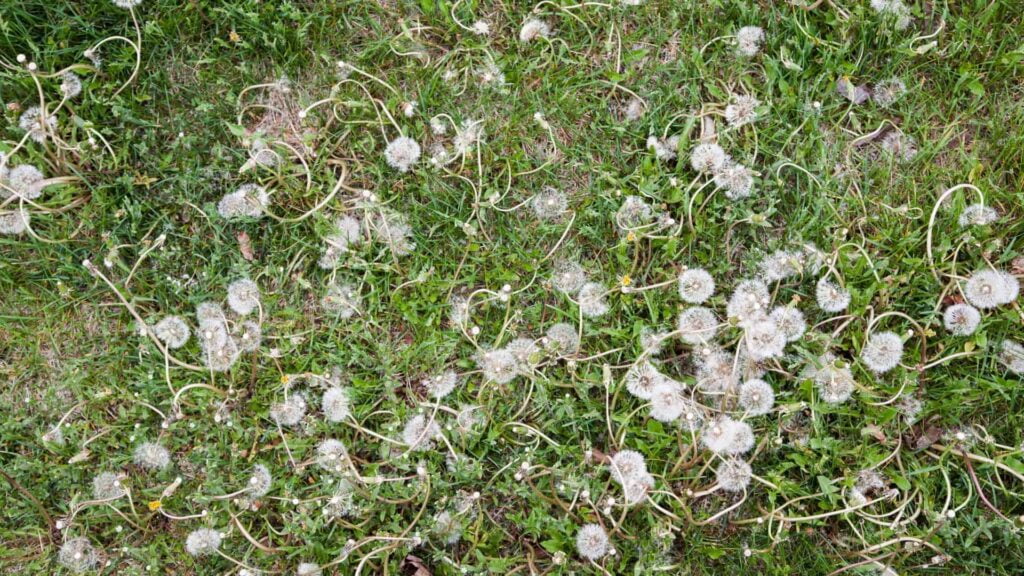Dont see your area in this list?
Not to worry, if you live around any of these locations chances are we probably service your area. To be sure, please call us at (402) 577-0205


Unwanted weeds can quickly overtake otherwise pristine lawns and gardens, detracting from aesthetics while competing with desired plants. Effectively controlling weeds requires proper identification along with timely, targeted applications of proven treatment methods. Our professional weed control technicians have the expertise to inspect your landscape, accurately identify problem weeds, and implement customized solutions to eliminate them.
We utilize an integrated approach that combines pre and post-emergent herbicide treatments, selective hand removal, and prevention education to provide lasting weed abatement on your property. By enlisting our weed specialists, you can restore the beauty of your lawn and gardens, removing unsightly weeds at their roots so you can reclaim your outdoor space.
Nebraska’s diverse climate and soil conditions make it susceptible to a variety of weeds.
Weed seeds are widespread and easily spread through various means such as wind, animals, birds, and contaminated soil or compost. Even a small number of seeds can lead to a significant weed problem. Disturbed soil, caused by activities like tilling, digging, and transplanting, is vulnerable to airborne weed seeds taking root. Neglecting proper maintenance, such as thinning lawns, sparse garden plantings, mulch gaps, and uneven watering, creates opportunities for resilient weeds to establish themselves. Some weeds, like bindweed, creeping Charlie, and crabgrass, spread rapidly through deep roots, rhizomes, and stunted seed heads. It only takes a small infestation for the situation to quickly spiral out of control. Many weeds are opportunistic, thriving in areas where desired plants are struggling, exploiting weaknesses in the landscape. Using ineffective weed control methods, like shallow hoeing, can scatter seeds and exacerbate future growth.

Nebraska’s diverse climate and soil conditions make it susceptible to a variety of weeds. Some of the common weed species found in Nebraska include:
Crabgrass – Crabgrass is an annual grassy weed that thrives in warm-season grass lawns. It’s known for its rapid growth and ability to compete with desirable turfgrass.
Foxtail – Foxtail is another annual grass weed commonly found in lawns and disturbed areas. It produces distinctive seed heads that resemble the tail of a fox.
Dandelion – Dandelions are a familiar broadleaf weed with distinctive yellow flowers and puffball-like seed heads. They can be pervasive in lawns.
Clover – Clover is a broadleaf weed that often infiltrates lawns. White clover and red clover are two common species in Nebraska.
Bindweed – Bindweed is a perennial vine-like weed with arrowhead-shaped leaves. It can quickly spread and become challenging to control.
Thistle – Thistles are tough perennial weeds with spiky leaves and colorful flowers. They can invade pastures and disturbed areas.
The best time to apply weed control in Nebraska largely depends on the type of weeds you’re targeting and the specific weed control methods you plan to use. Generally, Nebraska experiences a range of climates across the state, so timing can vary somewhat.
Pre-Emergent Weed Control – If you’re primarily concerned with preventing annual weeds like crabgrass and foxtail, the best time to apply pre-emergent weed control is typically in early spring, usually when soil temperatures reach around 50-55°F (10-13°C). In Nebraska, this often corresponds to late March to early April. Applying pre-emergent herbicides before weed seeds germinate helps create a barrier that prevents weed growth.
Post-Emergent Weed Control – For existing weeds, post-emergent herbicides can be applied when the weeds are actively growing. This is typically in late spring to early summer, starting in April and continuing through June. Be sure to follow the specific product’s instructions for the best results.
Broadleaf Weed Control – Broadleaf weeds, such as dandelions and clover, are often best targeted with post-emergent herbicides when they are actively growing in the spring or fall. In Nebraska, this can mean applying herbicides in late spring or early fall, depending on the specific weed and weather conditions.
Perennial Weeds – Perennial weeds like bindweed and thistle can be more challenging to control. For these weeds, it’s often necessary to use a combination of pre-emergent and post-emergent treatments. Spring and early fall are good times to address perennial weeds when they are actively growing.
Winter Weed Control – In some cases, particularly in mild winters, weeds can continue to grow during the winter months. You may need to apply post-emergent herbicides during these periods to address winter weeds like chickweed or henbit.
If you’re tired of dealing with pesky weeds taking over your lawn and garden, it’s time to take control. Don’t let weeds ruin the beauty of your landscape any longer. Contact our professional weed control services today and say goodbye to unwanted weeds for good. Our team of experts will ensure that your property is weed-free and thriving. Take the first step towards a weed-free environment and call us (402) 577-0205 now to schedule an appointment.